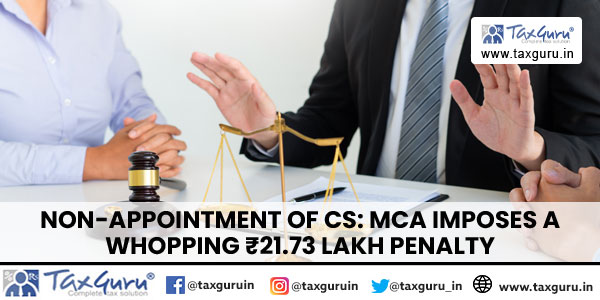Introduction:
Navigating through income tax regulations can be a daunting task for many individuals. With the introduction of new tax regimes and varying exemption limits, taxpayers age is below 60 often find themselves unsure about their filing obligations. In this guide, we’ll explore the scenarios where individuals are mandatory to file taxes under different tax regimes, using illustrative examples to elucidate the concepts.
Income Tax Slab Rate:
The Income Tax Act of 1961 is the primary legislation governing income tax in India. Under this act, income tax is levied on individuals, Hindu Undivided Families (HUFs), companies, firms, and other entities based on their income. The concept of income tax slab rates determines the amount of tax payable by individuals and HUFs based on their taxable income. Here’s an explanation of the income tax slab rates for individuals and HUFs as per the Income Tax Act of 1961
Income Tax Slab Rates for Individuals (Below 60 years) – Old Tax Regime:
Under the old tax regime, the following income tax slabs apply:
- Up to ₹2,50,000: Nil
- ₹2,50,001 to ₹5,00,000: 5% of income over ₹2,50,000
- ₹5,00,001 to ₹10,00,000: ₹25,000 + 20% of income over ₹5,00,000
- ₹10,00,001 and above: ₹1,25,000 + 30% of income over ₹10,00,000
- Please note that a tax rebate of up to ₹12,500 is applicable if the total income does not exceed ₹5,00,000 (not applicable for NRIs).
Section 115BAC of the Income Tax Act, introduced in Budget 2020, provides an optional concessional tax regime for individual taxpayers and Hindu Undivided Families (HUFs) with certain conditions. Under this regime, taxpayers have the option to choose between the existing tax regime (with deductions and exemptions) and the new tax regime (with lower tax rates but without deductions and exemptions). Here are the income tax slab rates applicable under Section 115BAC for individual taxpayers and HUFs for the financial year 2022-23 (assessment year 2023-24)
Income Tax Slab Rates for Individuals (Below 60 years) – New Tax Regime under section 115BAC:
Under the new tax regime, the following income tax slabs apply:
- Up to ₹3,00,000: Nil
- ₹3,00,001 to ₹7,00,000: 5% of income over ₹3,00,000
- ₹7,00,001 and above: Tax payable when the total income exceeds ₹7,00,000
- Please note that a rebate of up to ₹25,000 is applicable if the total income does not exceed ₹7,00,000 (not applicable for NRIs).
Remember that surcharge and cess will be applicable over and above the tax rates.
For Example: Mr “A” age 45 years income is ₹267,890. As per the old tax regime of the Income Tax Act, I need to file an income tax return because the slab rate is above ₹250,000. However, under the new tax regime, section 115BAC, the slab rate is below ₹300,000. Now, do I need to file income tax or not?”
Ans: Yes, even though your income falls below the threshold for taxation under section 115BAC in the new tax regime, you still need to file an income tax return if your income exceeds the basic exemption limit, which is currently ₹2,50,000 for individuals below 60 years of age. Therefore, with an annual income of ₹2,67,890, you would still need to file an income tax return under the old tax regime.
Conclusion
while the introduction of new tax regimes may offer alternative avenues for taxpayers, it’s crucial to understand that certain obligations remain consistent across different tax frameworks. Regardless of whether one’s income falls below the threshold set by a new tax regime such as section 115BAC, if it exceeds the basic exemption limit outlined by the old tax regime, filing an income tax return becomes mandatory. This underscores the importance of staying informed about taxation regulations and diligently fulfilling filing obligations to ensure compliance with the law.
*****
Disclaimer: The conclusion provided here is based on the general understanding of income tax regulations and should not be considered as professional tax advice tailored to individual circumstances. Taxation laws can be complex and subject to change, and the specific filing requirements may vary depending on various factors such as income sources, deductions, exemptions, and residency status. Therefore, individuals are strongly advised to consult with a qualified tax professional or financial advisor to assess their specific tax situation and determine the appropriate course of action in compliance with applicable laws and regulations.






















